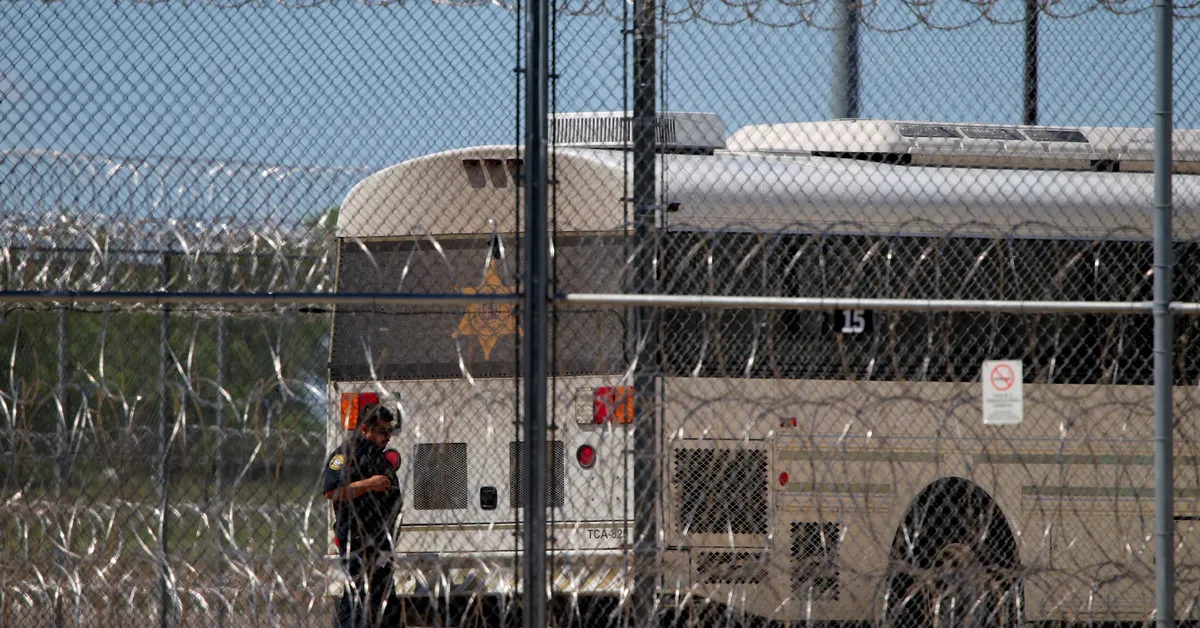
On April 20, 2023, U.S. Supreme Court Justice Samuel Alito expressed his discontent with the court's majority decision to swiftly block the Trump administration's efforts to deport a group of Venezuelan migrants. This emergency ruling was issued during the early hours of a holiday weekend, leading to significant controversy.
Justice Alito's dissent, which spanned five pages, was filed late Saturday night, almost a full day after the Supreme Court temporarily halted the deportation of several individuals accused of being gang members under the Alien Enemies Act of 1798. This rarely invoked wartime law has prompted intense scrutiny regarding its application in this particular case.
In his dissent, Alito articulated his concerns about the court's hasty decision-making process. He pointed out that the ruling was issued without allowing lower courts to weigh in, without providing the opposing party an opportunity to present their case, and within just eight hours of receiving the application. Alito described the relief granted by the court as "unprecedented and legally questionable," noting the lack of sufficient factual support for the order and the absence of any explanation for the ruling.
Justice Clarence Thomas joined Alito in this dissent, highlighting a divide within the court, which is comprised of a 6-3 conservative majority. Their critique emphasizes the importance of judicial process and due diligence in immigration matters, particularly regarding vulnerable populations such as migrants.
The American Civil Liberties Union (ACLU) played a crucial role in this case, urging the Supreme Court to intervene on an emergency basis. Their argument centered around the imminent deportation of numerous Venezuelan migrants, who they claimed were denied a realistic chance to contest their removal. This situation follows a previous Supreme Court ruling that mandated judicial review for the affected individuals.
In an unsigned decision issued around 12:55 a.m. (0455 GMT) on Saturday, the justices declared, "The Government is directed not to remove any member of the putative class of detainees from the United States until further order of this Court." This ruling effectively halted the deportations pending further judicial review.
In response to the Supreme Court's ruling, the White House indicated that President Donald Trump would continue his administration's stringent immigration policies. However, there was no immediate indication that the administration would challenge the Supreme Court's decision, which could have led to a constitutional crisis between the branches of government.
While the final destination of the Venezuelan migrants remains uncertain, it has been reported that the Trump administration has already deported over 200 men, including Venezuelans and Salvadorans, to a maximum-security prison in El Salvador, claiming they are affiliated with gang activity. Many of these migrants' families and legal representatives contest the government's assertions, arguing that they were not gang members and were not afforded the opportunity to challenge these claims.
President Trump's administration, elected on a platform promising to crack down on immigration, asserts that it possesses broad executive authority over immigration matters. However, the limited evidence linking these detainees to the Tren de Aragua gang, which has a notable presence in South America but a minimal footprint in the United States, raises questions about the validity of the deportation efforts.
As the situation unfolds, the legal ramifications of this ruling will likely have lasting impacts on U.S. immigration policy and the treatment of migrants, particularly those from Latin America.
For continuous updates on this developing story, follow our coverage on immigration and judicial affairs.